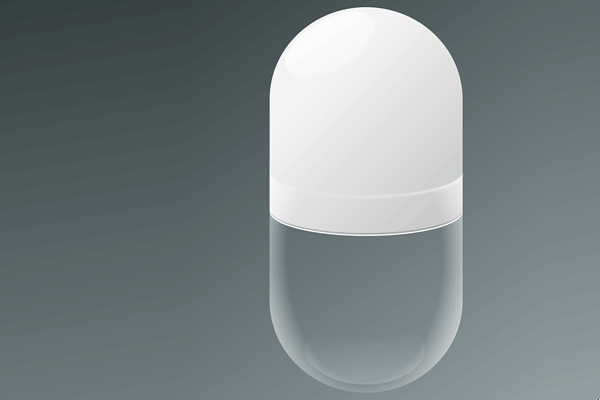
There is a plethora of information on the internet regarding the use of magnesium for the treatment of depression. A natural alternative may seem like a miracle for those who do not wish to take pharmaceuticals or who experience severe side effects from conventional treatments, but does it really work?
Has magnesium been found to treat depression?
There are very few studies recording the use of magnesium in a treatment regimen for depression. That’s not to say that it doesn’t work but that there aren’t hard, scientific facts. A notable study conducted in 2017 found that magnesium was effective for those experiencing mild to moderate depression. That being said, participants of the study knew they were taking a placebo. Many would argue that this is could potentially alter the results. As well, many patients were already taking antidepressants. While reports still showed improvement, some in the medical field may consider this to be a flaw.
Nevertheless, the authors state that statistically, these things were adjusted toward objectivity, and people still improved on magnesium.
Can magnesium replace antidepressants?
Nowhere in the study is it stated that magnesium is better than antidepressants. The reality is over 50% of people who suffer from depression gain significant improvement with antidepressants. In the study mentioned, something different was concluded: people with depression had some improvement with their depressive symptoms and anxiety after being on a magnesium supplementation for several weeks, including the study participants who were already on antidepressants. As well, the study specifies that magnesium can help treat those with mild to moderate depression. There is nothing specific to suggest that magnesium can be an alternative therapy; although, it may work for patients that do not experience severe depression.
As well, in searching other scientific sites, it turns out that magnesium, which has been touted for its antidepressive properties for a hundred years now, does play some role in the improvement of depression. But here’s the catch: magnesium deficiency is just as likely to contribute to depression as depression’s real causes are associated with magnesium deficiency. The operative phrase here is “associated with,” not “caused by.” Overall, what this means is that no one knows yet the exact role of magnesium in depression, although there seems to be some degree of association.
What does magnesium even do?
First of all, most people have normal amounts of magnesium because the kidneys police the amount of it by either excreting it when there is too much or retaining it when there is too little. Most magnesium comes from one’s diet, particularly from leafy green vegetables, whole grains, milk, beans, lentils, fortified cereals, and nuts. It is actually used in over 300 enzyme systems for such things as protein synthesis, DNA synthesis, muscle and nerve function, glucose control, nerve function, and blood pressure, among others.
How does one know if he or she is magnesium deficient?
Loss of appetite, nausea, vomiting, fatigue, weakness, muscle cramps, and abnormal heart rhythms are symptoms of a magnesium deficiency. Typically, documented and lab-verified magnesium deficiency does not elicit depression. Alcoholism, kidney disease, Crohn’s disease, and diabetes can cause a magnesium deficiency, but they can also cause depression, confusing this association between magnesium and depression.
Should I use magnesium for depression?
All considerations of treatment with any supplement or medication boil down to benefit versus risk. With magnesium, there seems to be no real downside in using it. The worst thing that can happen is diarrhea, which would indicate when excessive amounts magnesium is used. If you are thinking about trying magnesium out, you should talk to your doctor about whether or not it might interfere with any medications your may be taking.
What is the right amount of magnesium if one were to try it?
The right dose, based on the study, is about 250mg of magnesium a day. Certainly no one should ditch his or her antidepressant in exchange for magnesium alone; instead, the decision to use magnesium is one that should be made between a patient and their doctor. However, there does not seem to be any serious downside to using magnesium to treat depression.
